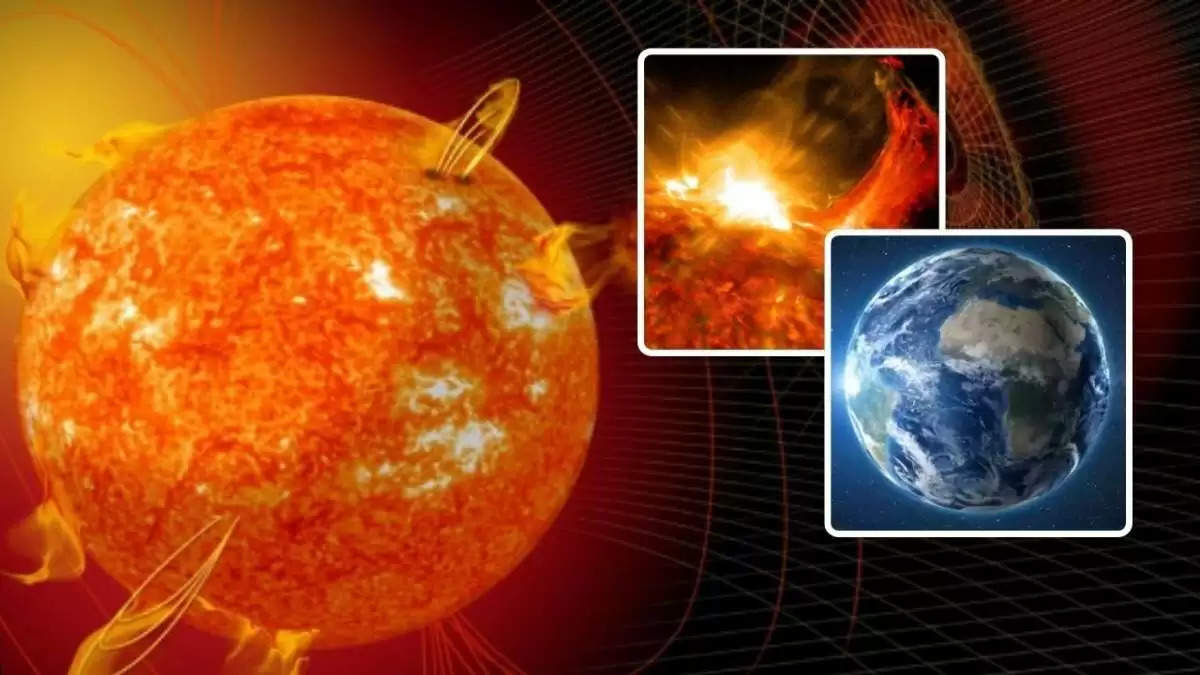The most terrible explosion ever occurred in the Sun, may cause major damage to the Earth, scientists issued alert

Science News Desk – Last week there was a terrible solar storm on Earth. Due to this, colorful skies have been seen in many countries of the world. But now scientists have warned of another big explosion in 2025. A Harvard astrophysicist said that the Sun has not yet reached its solar maximum. The Sun has an 11 year cycle and solar maximum is its most energetic point, the amount of energy released from the Sun increases with increasing turbulence.
Solar maximum is ultimately expected to occur in the heat of summer next year, in July 2025. According to the DailyMail report, Dr. Jonathan McDowell said, 'We may see very big storms in the next one or two years.' Geomagnetic conditions of (G5) level were observed due to solar storm last weekend. The solar storm originated from a sunspot on the Sun. It was even larger than the sun spot that caused the Carrington event in 1859.
What is the Carrington incident?
A powerful solar storm hits Earth during the Carrington event. Due to this the telegraph wires caught fire. Communications were cut worldwide and even ships' compasses were disrupted. Space weather experts believe that large solar storms coming soon could have direct and adverse effects. 'This is certainly a scary time for satellite operators,' said Dr McDowell. Just as there is a solar maximum, there is also a solar minimum. Then there is very little activity in the Sun.
There may be 115 sunspots on the Sun
The number of sunspots on the Sun's surface was effectively zero during the 2019 solar minimum. The US National Space Weather Prediction Center estimates that the number of sunspots could reach 115 during solar maximum in 2025. These sunspots emit powerful bursts of solar flare and plasma, called coronal mass ejections (CMEs). Scientists say that solar storm can cause disturbances in satellite and GPS.

